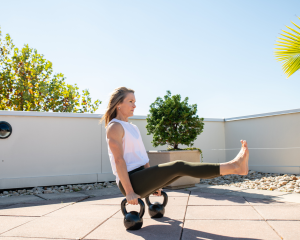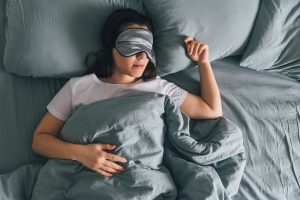Just like my fitness journey you read about when I turned 50 (the first two parts can be read here and here), my sleep has been around the block a few times. Like many college and grad school students, I’ve had my share of sleep deprivation out of sheer necessity.
I’m not sure if my mom was interested in regulating our sleep or just wanted the four of us kids up to be productive, but awakening later on the weekends wasn’t a choice. She took our covers off at 7am Saturday and Sunday to get our chores done. Still today, my siblings and I are all morning people. My first career choice in politics was perfect for early awakenings, because all-nighters or campaign related emergencies were a norm… getting to the office by 8 was late.
I still find I am highly productive in the wee hours of the morning.
In 2008, Harvard biologist Christopher Randler conducted a study aiming to correlate successful human characteristics to waking early. Randler surveyed 367 university students and found a higher percentage of morning people agreed with statements like “I spend time identifying long-range goals for myself” and “I feel in charge of making things happen.”
Similarly, a University of Texas study found college students who identified as “morning people” earned a full point higher on their GPA than self-proclaimed “night owls.” There are many other studies connecting being a morning person with being more optimistic, agreeable, and having more satisfaction and conscientiousness.
My journey has been on the “other” side of the sleep issue, like so many. It is about when I go to sleep, not when I awaken. It’s not just about when I lay in bed, it’s about what I’m doing/eating/drinking or not during the hour before I do. In my life right now, with 9 year olds, I am able to go to sleep when they do – by 9pm.
How do I do it?
An avid researcher and voracious reader of all things wellness, my latest book crush is on the book Essentialism: The Disciplined Pursuit of Less. Author Greg McKeown, is so passionate about sleep as a key component for a productive life, he dedicates an entire chapter to it – 44 pages.
“I’ve found that most of them are just so used to being tired they have forgotten what it really feels like to be fully rested.”
-Greg McKeown
McKeown’s message “Protecting the asset” is quintessential me. If you, like me, want to leave your positive mark on this one amazing life you have, you need to make sure you are well prepared every single day to contribute and be productive.
He uses the following grids throughout the book. He spends quite a bit of ink talking about the effects of sleep on the brain using a variety of hard core studies.
Excerpt From: Greg McKeown’s “Essentialism”
McKeown calls “Protecting the Asset”, or YOU, the most important step you can take to leading a productive life. “The best asset we have for making a contribution to the world is ourselves. If we underinvest in ourselves, and by that I mean our minds, our bodies, and our spirits, we damage the very tool we need to make our highest contribution. One of the most common ways people—especially ambitious, successful people—damage this asset is through a lack of sleep.” McKeown uses the example of a highly driven and successful Silicon Valley CEO who literally was losing the functioning of his organs –one by one- due to lack of sleep and a messed up circadian rhythm.
It’s a rather drastic demonstration of the effects of sleep deprivation, yet it is true. Sleep is primal. It is necessary for your body to rejuvenate every night – for your body – yes to burn fat. So, why rob it of that most vital ingredient?



